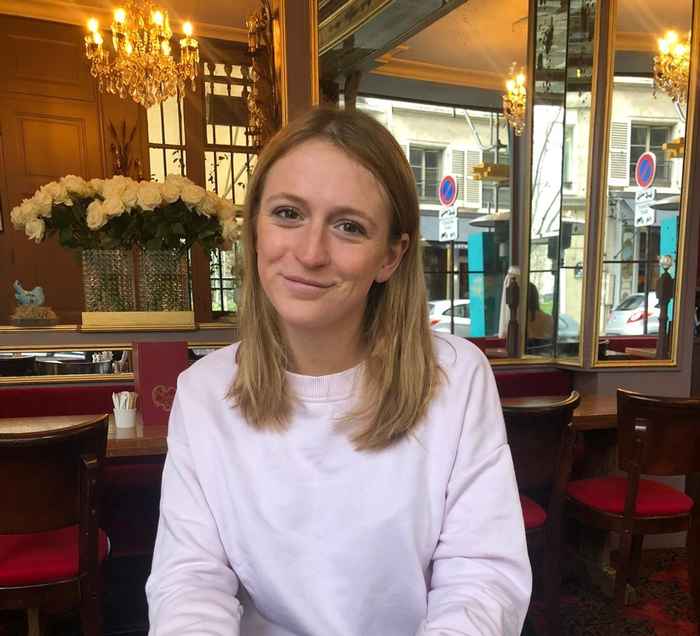Margot van de Weijer (Feb 2024 - May 2024)
Assistant Professor at Amsterdam UMC

My research
I have a behavioural genetic research background where (in my PhD) I focused on explaining individual differences in well-being using genetically informed designs. More specifically, I focused on gene-environment interplay: how do genes and the environment dynamically interact to influence our well-being and health?
I am currently a postdoctoral researcher at the department of psychiatry at the Amsterdam UMC (location AMC). My research is focused on the causality and comorbidity between substance use and psychiatric disease. For example, we know that there is bi-direction causality between smoking and depression, but it is unclear what mechanisms underlie these associations. In my research, we aim to find out what these genetic, neurobiologic and sociopsychological mechanisms are. In order to answer questions about causality, we aimcombine different methods for causal inference and triangulate evidence across these different methods.
IAS fellowship
For the IAS fellowship, dr. Robyn Wootton, dr. Jorien Treur, and myself will dive deeper into the question of how we can improve the integrate different types of (genetic) causal research methods in health research.
Many questions around human health center around causality. Identifying causal risk factors for poor health is crucial as these form useful targets for prevention and treatment. Yet, causal inference is challenging, particularly when trying to identify risk factors for mental health. Conducting a randomized controlled trial (RCT) is often not feasible due to practical and/or ethical restrictions. To obtain more reliable causal evidence, triangulation is becoming an increasingly popular approach. Triangulation is the process of using several different research approaches in unison to obtain the answer to a complex causal question. By synthesizing multiple sources of information, it is assumed that the overall evidence for causality and the estimated causal effect are more reliable. However, triangulation can have very different interpretations, depending on the scientific (sub)field, and there are many unknowns around how exactly the findings from different methods can be compared and integrated.
During our time at IAS, we aim to set up a more comprehensive framework for setting up triangulation studies in health research, especially with respect to the integration of methods employing genetic data, such as mendelian randomization.